The pro-cannabis lobby is on a high. Momentum is building in political circles to legalise the drug or, at the least, review the laws associated with it.
In the latter case, the NSW Labor Party tells the Wentworth Courier that if the ALP succeeds in next March’s state election, it plans to hold “a wide-ranging drug summit as a top priority”.
Separately, the federal Greens advise us they are planning to introduce a proposal to legalise cannabis in the national parliament’s current term: “From Germany to Thailand and the United States, the rest of the world is on the move. Australia can’t remain stuck in the 1950s forever.”
At the Legalise Cannabis NSW Party’s base, its chairman Craig Ellis is similarly bullish about the likelihood of changes to cannabis-related laws. He points to the WA branch of the party securing two upper house seats last year and, in the recent federal election, the party’s candidate receiving a substantial number of first-preference votes “nearly knocking off Pauline Hanson”. The party will also be standing candidates in the coming NSW election.
Meanwhile, in the ACT, the territory’s government has already decriminalised the drug but, in a fine technical point, not legalised it. The government says it has removed penalties for adults who possess or use small amounts of cannabis “so they can get support without fear of being put through the justice system”.
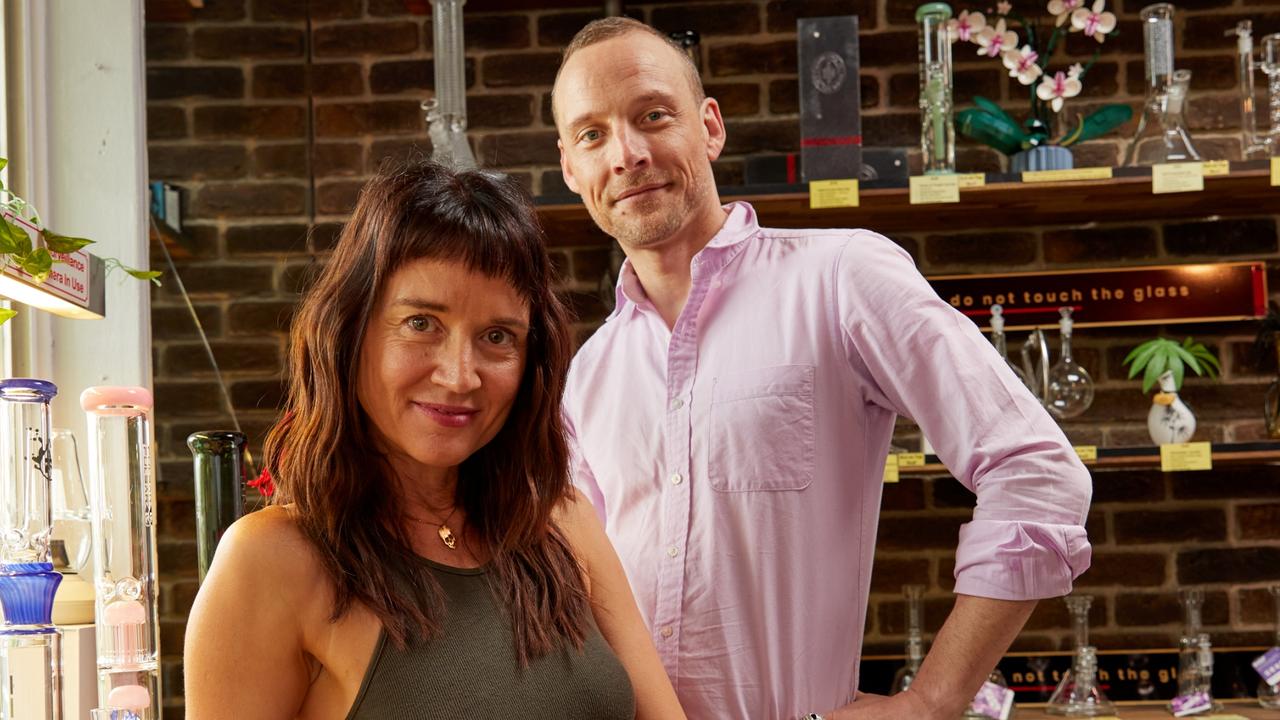
However, NSW Attorney General Mark Speakman would like to remind our readers that cannabis is still illegal in this state. A spokesperson for the attorney general says: “The NSW government does not support the decriminalisation of illicit drugs. Illicit drugs, including cannabis, cause serious health, social and economic harm to users, their families and the wider community.
“The NSW government is committed to supporting individuals, their families and communities impacted by illicit drugs.”
That statement doesn’t deter Ellis from ticking off the benefits of legalising cannabis, which he sees as “stopping the criminalising of otherwise law-abiding citizens, providing a massive source of tax revenue and cutting criminals out of a $15bn a year industry in Australia while breaking the connection with hard drugs”.
He says the strongest driver for the legalisation of cannabis in the United States has been “the lure of the tax dollar” where the individual states have broader powers to impose taxes than in Australia. In Colorado, for example, there is a 15 per cent state sales tax on retail marijuana and marijuana-infused products.
Ellis is adamant that when talking of the future, “we’re discussing responsible cannabis use”. He says laws would include banning “driving while impaired” and sales to minors, and dispensaries would have well-trained staff.
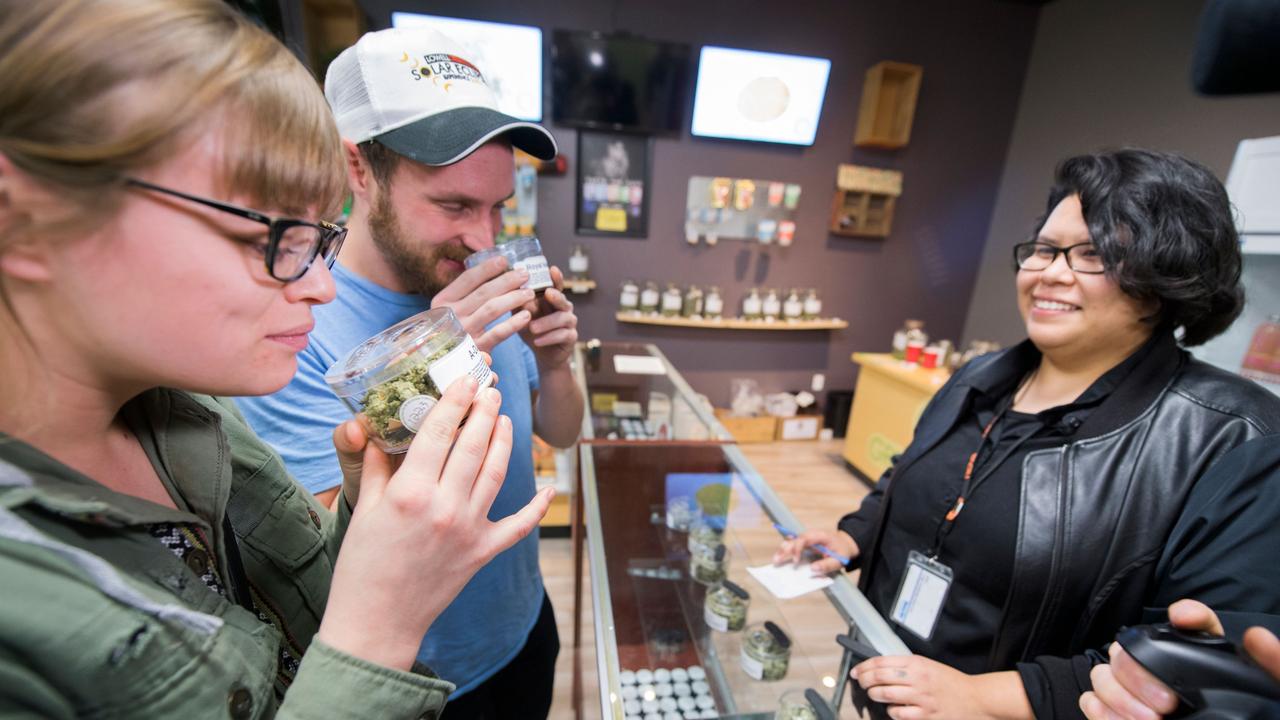
He disputes the claim cannabis is a “gateway drug”: “That interpretation is only possible in a black market where dealers are just as happy to sell harder drugs. In a legal market, there won’t be the connection.”
In complete agreement on that point is Irena Katz, who owns We Are Lux, a “420 lifestyle boutique”. As the cognoscenti know, 420 is slang for marijuana, although the origin of the term is disputed. Incidentally, for those less in the know, marijuana is made from a cannabis plant’s dried leaves and flowers.
Katz, aka the Bondi Vape Queen, is a passionate advocate of medical marijuana and runs an advisory service for people who have been prescribed the medical variety. She is also keen to “shout from the rooftops” why recreational cannabis should be legalised.
In her Oxford St store, with Lux – a 12-year-old whippet – looking on from a pillow-packed chair, Katz says the “gateway” tag results from “black market dealers opening up their catalogue and saying: ‘You’ve been buying marijuana from me for a while, are you interested in any of the rest of my catalogue?’”
She says anti-cannabis campaigners have “done a very good job creating a false narrative around the plant” and stigmatised its use.
On a tour of her store, Katz explains the glassware products on display should be called “water pipes” rather than “bongs” because she and the government agree on one thing – you shouldn’t label a device used to smoke medical marijuana a “bong”.
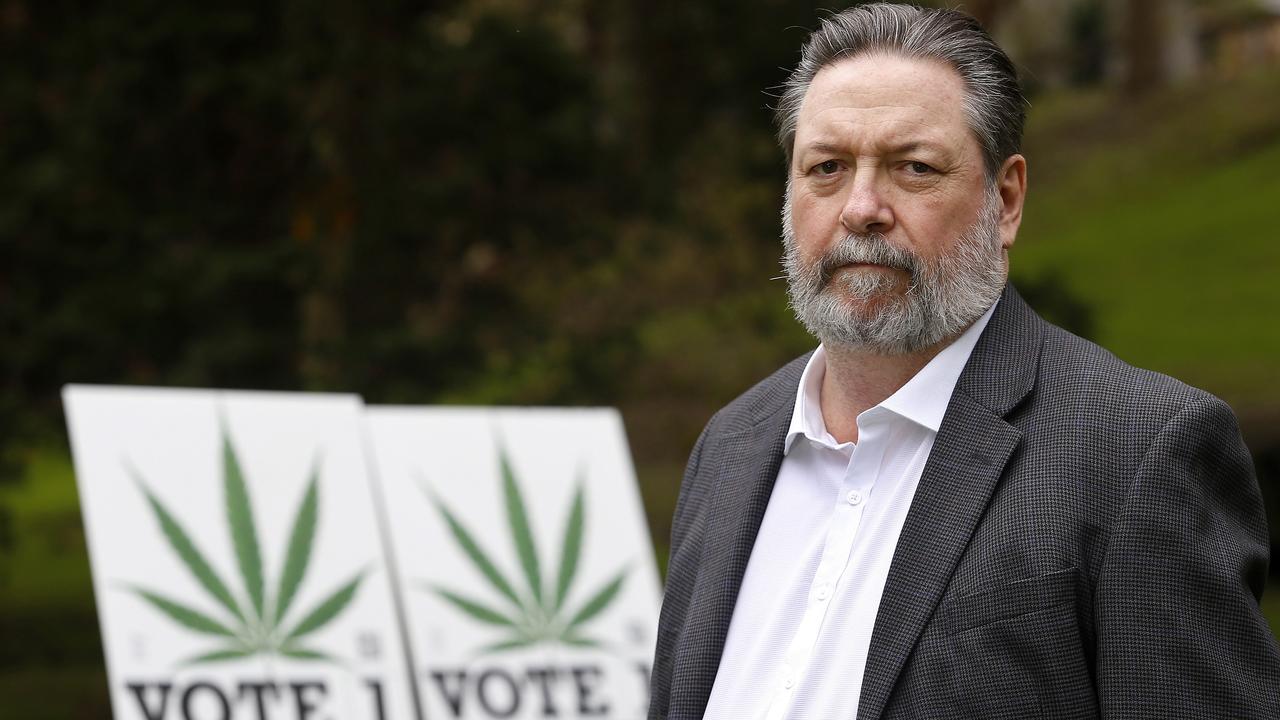
“The government has a problem with the word and so do I. It has negative connotations,” she says.
High-end glassware offerings include the Strawberry Cucumber Detox Water Pipe at $520.
“If it’s for medicinal use, I think a water pipe should be of a certain quality and stylishly designed,” Katz says.
In regards to legislation, she is calling for a legalised cannabis market with safety and quality regulations similar to those in the food industry.
She also outlines the mistakes some governments have made when legalising cannabis – in particular Colorado, which in 2012 became one of the first US states to legalise its recreational use.
“The biggest lesson we can learn from Colorado is to avoid having a free-for-all right at the start,” Katz says. “For example, they were running tours like pub crawls where you could get on a bus which took you from dispensary to dispensary to partake in their products.”
Issues in Colorado included the state allowing businesses to sell cannabis when they could not open a bank account because banks were under the jurisdiction of the disapproving federal government in Washington. It became a cash-only industry.
For locals and visitors, some 420-friendly hotels in Colorado offer a cannabis concierge and hemp oil massages.
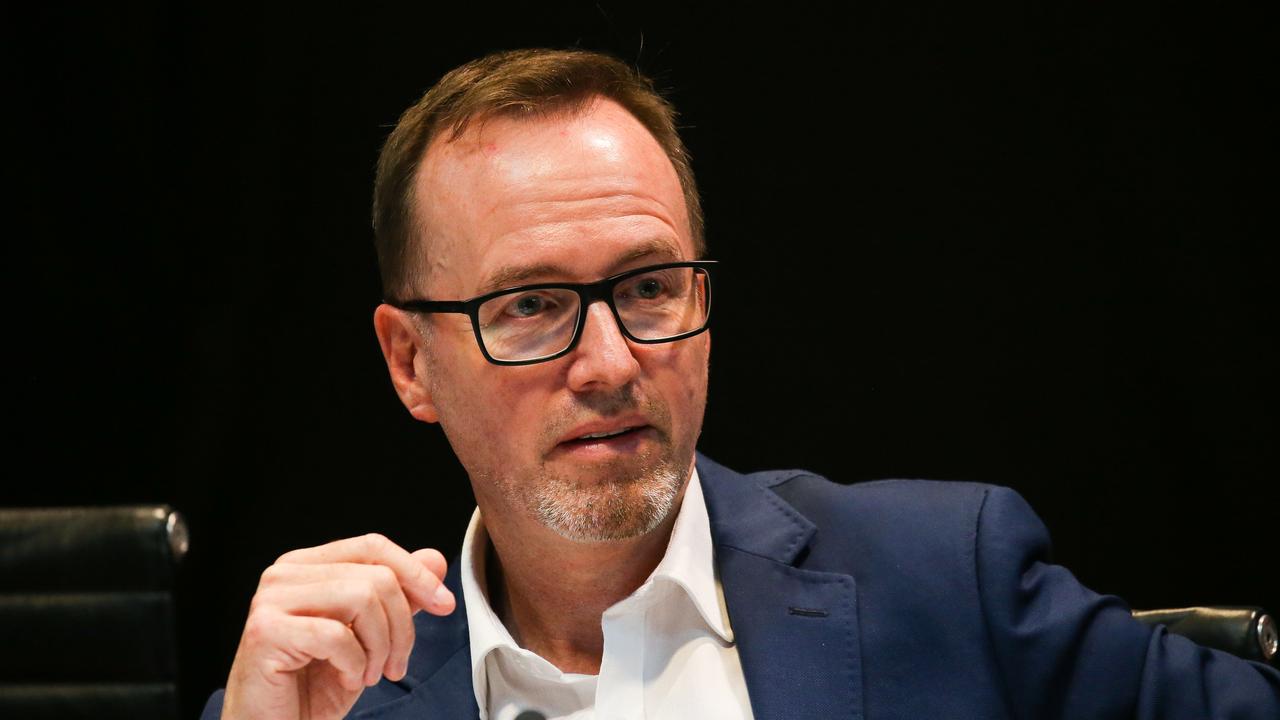
“In Australia, we need to make the matter not seem like something crazy,” says Katz. “We need to make it seem boring in a way.”
Her two-storey premises is shared with Lux Cuttings, a hydroponics business operated by her professional and personal partner, Mischa Esquilant. Highlighting the dangers of buying illegally grown marijuana, Esquilant says black marketeers use known carcinogens such as paclobutrazol to increase their harvest.
Esquilant and Katz believe if Australia’s commonwealth and state governments work together and legalise recreational cannabis it will destroy the black market.
In the federal sphere, the Greens are the current pacesetters. Greens senator and justice spokesman David Shoebridge, who lives in Woollahra, tells the Wentworth Courier: “We’ll be bringing a proposal to legalise cannabis to parliament this term, because people have been told to wait for law reform for too long.
“Cannabis use isn’t some rare occurrence, estimates are that almost 40 per cent of Australians have tried it at one time and The Greens believe that 40 per cent of Australians are not criminals.
“Moving away from the harms caused by the police’s war on cannabis is essential harm reduction and would bring us in line with global trends for laws based on the best evidence. While the US has thousands of cannabis entrepreneurs and safer, more enjoyable THC products, here we have sniffer dogs, random drug testing and lengthy prison sentences.”
THC is a chemical in cannabis.
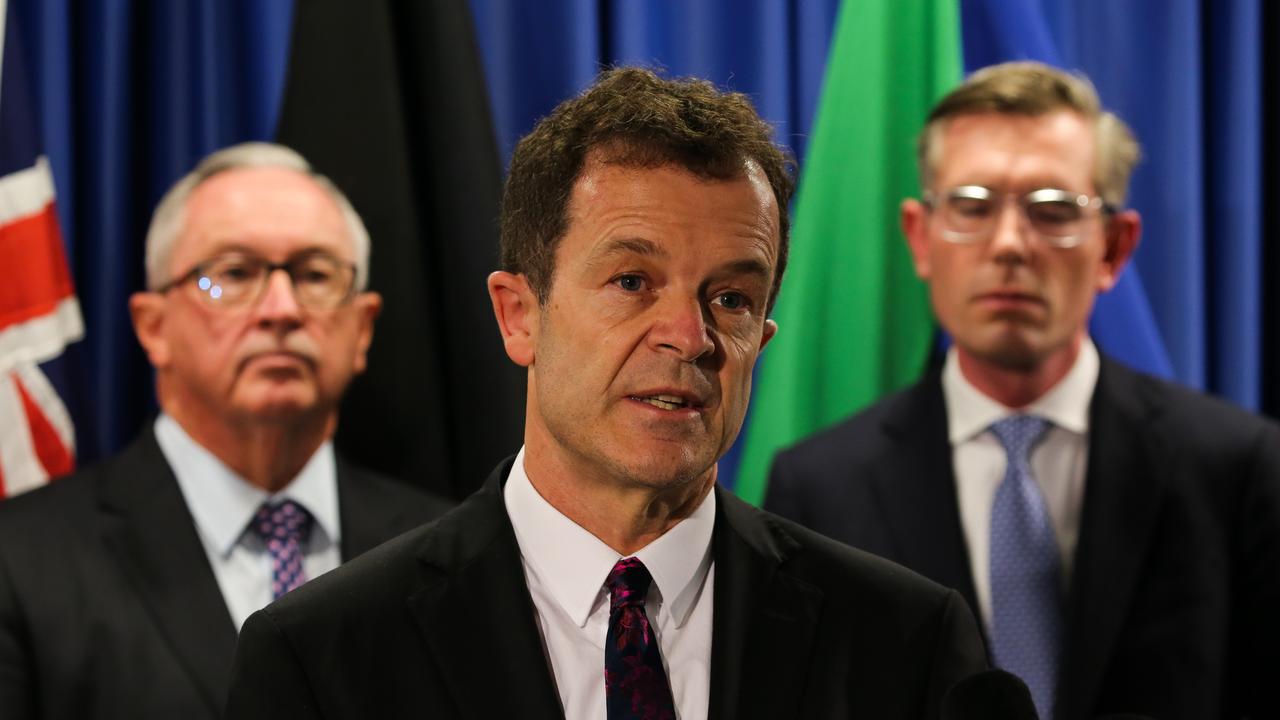
In Macquarie St, Shadow Attorney General Michael Daley, when asked about Labor’s view on legalising cannabis, says if his party comes to power at the next election, its planned drug summit will “gather police, legal professionals, clinicians, academics, family members, interested community members and other experts together to consider and advise on a wide variety of issues, including drug use and addiction”.
In terms of the social impact of current legal drugs, Ellis emphasises the link between alcohol and violence.
“Alcohol fuels violence and cannabis doesn’t. Alcohol is a major factor in domestic violence and sexual assault and violent assault. Alcohol-fuelled violence is the reason our city was shut down for more than five years with lockout laws which decimated nightlife.
“A great benefit of legalising cannabis here is that, like in the US where the law was changed, it will reduce the consumption of alcohol. Binge drinking is lower in cannabis-taxing US states.
“There’s a saying: five drunk guys will start a fight, five stoned guys will start a band.”
The government-funded service Healthdirect Australia provides information on cannabis/marijuana: healthdirect.gov.au/marijuana
Original article and pictures from The Daily Telegraph. Licensed by Copyright Agency. You must not copy this work without permission. Designed to help you stay informed about the latest developments in the Australian medicinal cannabis landscape, this page includes curated articles covering key legislative changes, scientific research, and industry trends.
